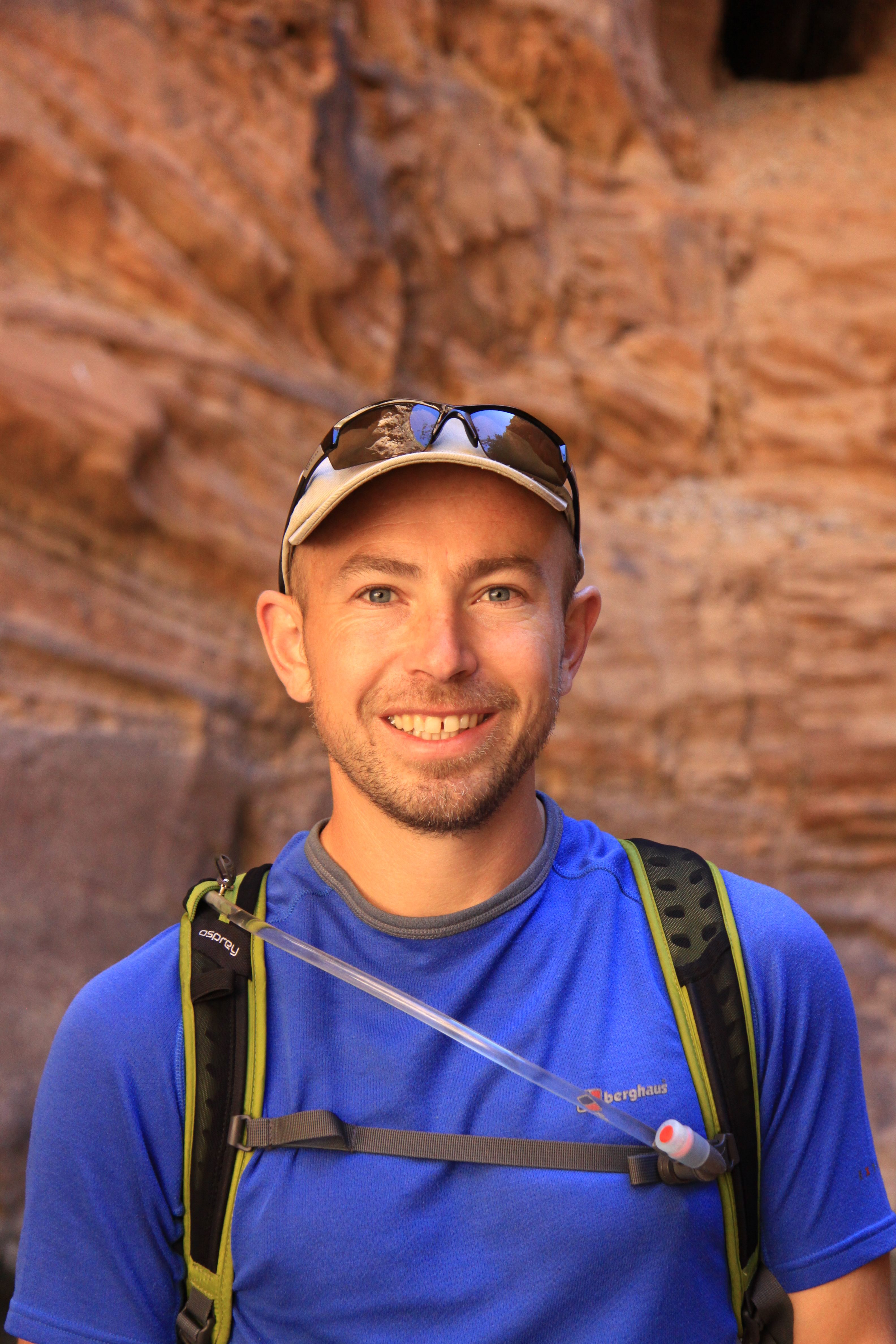Dr Graeme Shannon
Lecturer in Zoology (Behaviour) / Director of Impact and Engagement

Affiliations
Contact info
Location: 304 Environment Centre Wales
Tel: 01248 382318
Website: www.wildliferesearch.co.uk
My research and teaching centres on the fields of animal behaviour, ecology and conservation, with particular focus on the effects of human activities on wildlife, animal cognition and the behavioural ecology of large herbivores. I have studied African elephants over the past two decades, addressing questions on foraging and movement ecology as well as investigating the detailed social and ecological knowledge of elephant family groups and the role of the matriarch. The research that I have conducted on elephant cognition has involved extensive use of acoustic playbacks, whereby animal vocalisations are broadcast to study the responses of elephants to social and ecological threats. More recently, I have applied these playback techniques to understand the effects of anthropogenic noise - a growing source of environmental disturbance - on animal behavior and wildlife ecology. I am also interested in the role that large herbivores play in ecosystem function and structure in natural and human altered habitats. This has led to the development of a project exploring fallow deer behaviour and habitat utilisation in the Elwy Valley, North Wales.
Contact Info
Location: 304 Environment Centre Wales
Tel: 01248 382318
Website: www.wildliferesearch.co.uk
My research and teaching centres on the fields of animal behaviour, ecology and conservation, with particular focus on the effects of human activities on wildlife, animal cognition and the behavioural ecology of large herbivores. I have studied African elephants over the past two decades, addressing questions on foraging and movement ecology as well as investigating the detailed social and ecological knowledge of elephant family groups and the role of the matriarch. The research that I have conducted on elephant cognition has involved extensive use of acoustic playbacks, whereby animal vocalisations are broadcast to study the responses of elephants to social and ecological threats. More recently, I have applied these playback techniques to understand the effects of anthropogenic noise - a growing source of environmental disturbance - on animal behavior and wildlife ecology. I am also interested in the role that large herbivores play in ecosystem function and structure in natural and human altered habitats. This has led to the development of a project exploring fallow deer behaviour and habitat utilisation in the Elwy Valley, North Wales.
Teaching and Supervision
Module organiser
- Behavioural Ecology (BSX2018) - second year
- Practical Skills 2 (BSX1031) - first year
Module contributor
- Advances in Behaviour (BNS3004) - third year
- Bioscience skills (BSX2021) - second year
- Invertebrates (BSX2017) - second year
I supervise third (BSX3070) and fourth year (BSM4000) undergraduate project students with a focus on topics in animal behaviour, ecology and conservation.
Postgraduate research students
Rhea Burton-Roberts (PhD) - Exploring how resource availability affects elephant movement across spatiotemporal scales
Owain Barton (PhD KESS II) -Environmental and human drivers of fallow deer movement and habitat use: Implications for disease and natural resource management
Amy Gresham (PhD Envision) - Quantifying the effects of fallow deer (Dama dama) on woodland structure in a human-altered landscape
Jenny Amphaeris (PhD) - Reconceptualising past models which portray language as a phenomenon distinct from communication across species
Bethan Pugh (MSc-Res KESS II) - Mink in Welsh waterways: The efficacy of invasive species control
Ellie Roylance-Casson (Msc-Res) - The Drivers of Sexual Dimorphism in Ungulates: Do Ungulates Follow Rensch’s Rule?
Alex Harcourt (Msc-Res) - Exploring the effects of artificial light at night on amphibian emergence behaviour
Jess Baggott (Msc-Res) - The effects of anthropogenic noise on foraging and vigilance in songbirds
Research outputs (40)
- Published
When the wild things are: Defining mammalian diel activity and plasticity
Research output: Contribution to journal › Article › peer-review
- Published
A continuous feast of bramble: Rubus fruticosus agg. is a key cross-seasonal dietary resource for a fallow deer population
Research output: Contribution to journal › Article › peer-review
- Published
Developing a method for assessing the relative abundance of red squirrels in low-density populations
Research output: Book/Report › Commissioned report
Prof. activities and awards (2)
Using remote activated cameras to estimate relative abundance and habitat preference of red squirrels
Activity: Talk or presentation › Oral presentation
Projects (5)
iDeer: An Integrated Deer Management Platform
Project: Research
Red Squirrel survey
Project: Research
Media coverage (17)
Elephants hate bees – here's why that's good news for Kenyan farmers
Press/Media: Expert Comment
PEP11 and the impact of underwater noise
Press/Media: Expert Comment
John Kerry Calls Out 'Disinformation Campaign' on Wind Turbines
Press/Media: Expert Comment

